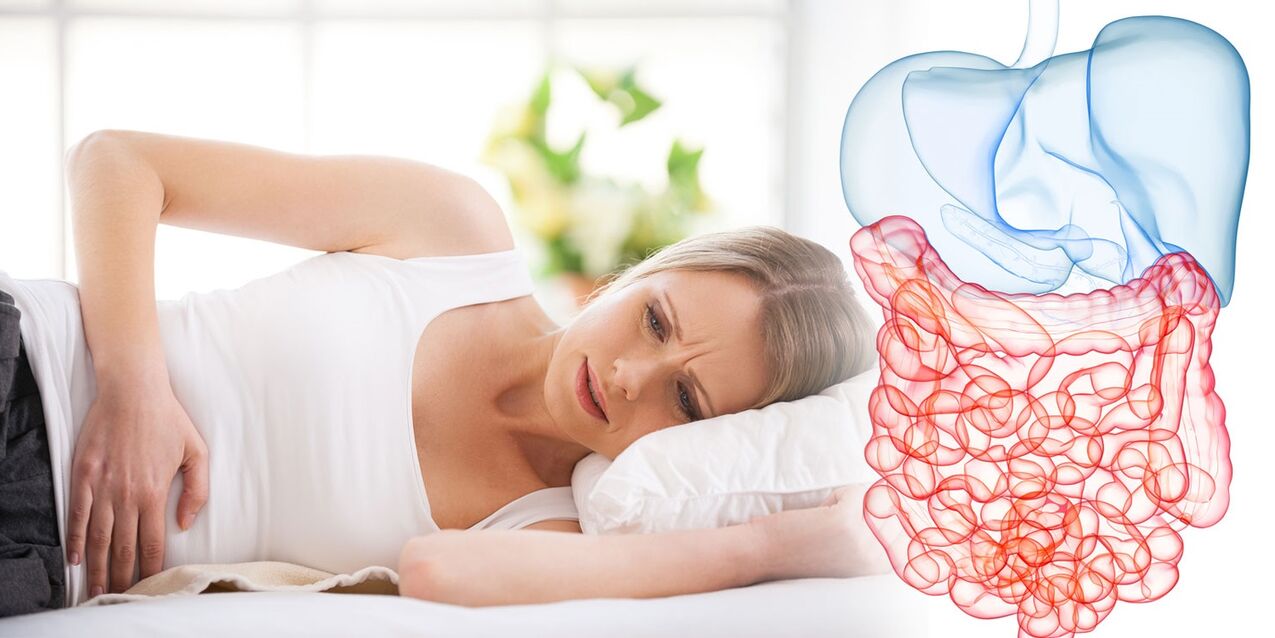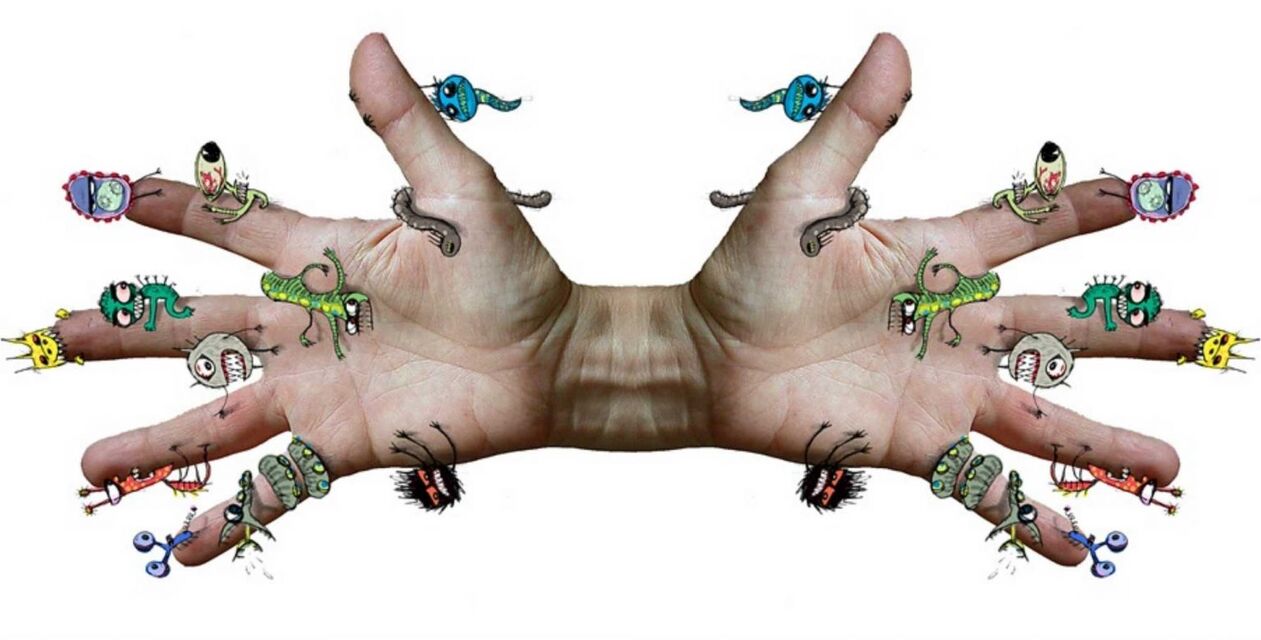People consume food products to replenish the energy reserves spent in the process of active living. But you can imagine that a person is often an excellent target for the simplest living organisms. Uninvited "tenants" can use the owner for a long time as a living container, providing food, shelter, and comfortable conditions. If the parasite has settled in the human body, the symptoms of infection can be easily confused with the signs of certain diseases, such as colds, gastritis, pneumonia, etc.
The most common symptoms of parasitosis
The parasitic life form exists and develops at the expense of a person, while irreparable damage is due to his health, because the largest part of nutrients and vitamins go to the "population" that is moderately hiding in one of the internal organs: intestines, lungs, heart, liver, joints, etc. The detrimental effect depends on the length of stay and the "appetite" of the immigrant; it is believed that parasitosis is the cause of diseases such as diabetes mellitus, pancreatitis, bronchial asthma, cholecystitis, and atopic dermatitis.

Symptoms of the presence of parasites in the human body:
- gastrointestinal tract disorders (constipation, bloating, diarrhea, intestinal syndrome, local pain in the abdomen);
- endocrine system disorders (weight fluctuations, underweight or overweight, hormonal imbalances);
- dental diseases (stomatitis, periodontal disease);
- problems associated with the work of the musculoskeletal system (pain in the joints, muscles - arthrosis, arthritis);
- neurological disorders (irritability, insomnia, unexplained anxiety, depressive state);
- allergic reactions and related skin problems (increased levels of eosinophils, immunoglobulin E, allergic rhinitis, eczema, urticaria, papilloma, dermatitis);
- respiratory diseases (bronchial asthma, pneumonia);
- violation of hematopoiesis, decreased vascular permeability, anemia (critical decrease in hemoglobin);
- chronic fatigue and decreased immunity (frequent mild ARVI, tonsillitis, apathy, low blood pressure, weakness and poor memory);
- oncological diseases;
- cosmetic problems (cracked heels, dry skin, brittle nails, faded hair, seborrhea, baldness);
- gynecological and urological diseases (in women: menstrual irregularities, vaginal discharge, vaginal candidiasis, fibroids, mastopathy; and in men: prostatitis, urolithiasis);
- bruxism (grinding teeth), snoring.
Despite knowing the signs of the presence of parasites in the human body, it is difficult to diagnose parasitosis without a full examination (three scrapes and blood tests). Symptoms of parasitic invasion are the result of strong "guest" activity, when a person becomes intoxicated with helminth waste products, chronic irritation of the affected organs and the immune system is no longer able to cope with the disease. alone.

Characteristics of the course of parasitosis in children
Children, unlike adults, are more likely to face parasite attacks in daily life. Usually, the infection occurs during walking (after contact with sand or soil), as a result of close contact with a sick animal or swimming in open water. Usually, the signs of parasites in children are difficult to determine, primary infection and colonization of helminths occur invisibly. Gradually, the amount of toxins in the blood increases, the child's body is poisoned with helminth waste products, which manifests itself in the form of decreased immunity and permanent disease, allergies of unknown etiology, dysbiosis, and physical fatigue.
Indirect symptoms of parasites in children can be distinguished:
- lack of appetite or, conversely, greed, passion for sweets;
- common headache accompanied by nausea;
- appear rapid fatigue;
- lack of daily bowel movements (constipation);
- vomiting, belching, foul -smelling breath;
- pale skin, "blue" under eyes;
- irritability, aggressiveness, at will;
- hyperactive, especially in the evening;
- poor night's sleep (intermittent), associated with restlessness, moaning, bruxism;
- irritation or redness in the genital area.
Symptoms of protozoan parasitic infection should be used as a "beacon" for full examination. Timely and professional diagnosis allows you to completely cure a parasite attack with minimal damage to the health of the body.






































